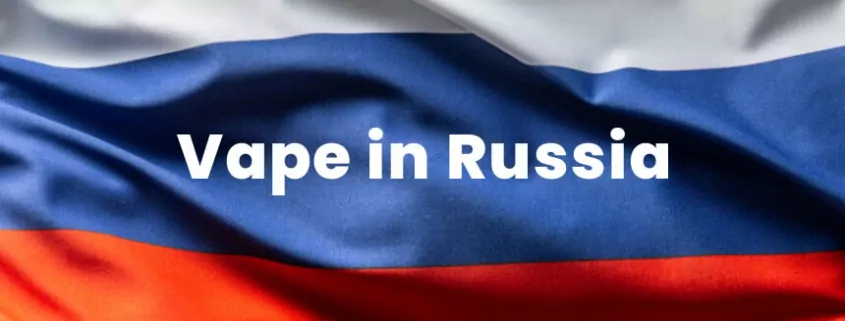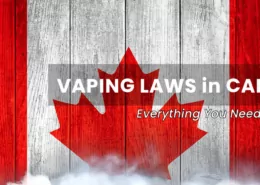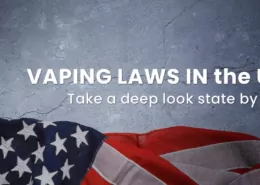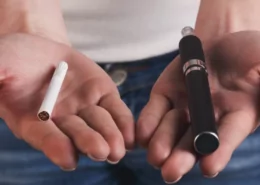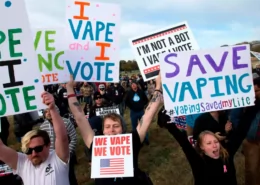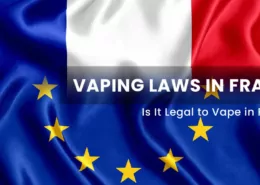Vaping Laws and Regulations in Russia – Are Vapes Illegal in Russia?
With the rising global popularity of vaping, it’s important for travelers and vape enthusiasts to understand the legality and restrictions surrounding vape pens in different countries. Russia is known for having strict regulations on some products, so what is the status of vape pens within its borders? This in-depth overview examines Russia’s vape pen laws.
Introduction to Russia’s Stance on Vaping
Vape pens have exploded in popularity worldwide as an alternative to traditional tobacco cigarettes. By heating nicotine liquids into an inhalable vapor, they aim to mimic smoking while avoiding the combustion and health issues. However, regulations on vape pens vary widely between countries. In Russia, vape pens are permitted but face advertising restrictions and bans on use in public indoor settings. The government aims to balance potential benefits for smokers with public health protection.
Overview
The sale and distribution of vape pens is legal in Russia, but it is subject to various restrictions. Location-based bans prohibit sales in certain areas like schools and hospitals. Vending machine sales are limited to specific sites. Minimum age laws, generally 18+, aim to restrict underage access. But licensed retailers can legally sell vape products to adult consumers in most settings. The use of vape pens is allowed in some outdoor public spaces and in private settings, but banned elsewhere as detailed below.
Key Regulations
While legally sold in stores, using vape pens is prohibited in various public indoor settings:
- Use is comprehensively banned in indoor workplaces and indoor public spaces to prevent secondhand vapor exposure.
- Vape pen use is prohibited on nearly all forms of public transportation, including buses, metro trains, commuter rail, etc.
- Use is only permitted on designated areas of long-distance ships – either isolated indoor rooms or outdoor open decks.
- Regional regulations may include additional bans on use in locations like apartment building common areas.
- Outdoor use remains permissible, but individual districts may have local restrictions.
These bans aim to protect non-users from exposure to vapor and promote clean air in shared public environments. But use is still allowed in some outdoor places and in private settings like homes.
Marketing and Promotion Prohibitions
Russian federal law prohibits all forms of advertising, promotion, and sponsorship of vape products including:
- Broadcast, print, and online ads
- Sponsorships of events, activities, or groups
- Celebrity and influencer endorsements
- Free samples or promotional giveaways
This aims to reduce the appeal of vaping to new users, especially youth. However, in-store displays and factual signs in age-restricted retail locations remain permissible. Overall marketing is heavily restricted.
Health Concerns and Public Perception
Public opinion on vape pens remains divided in Russia. Some view them as less harmful than traditional tobacco and potential smoking cessation aids. But ongoing debates continue around long-term health impacts. Concerns include nicotine addiction risks, lung health effects, and dangerous illicit products. More research is still needed. Public views also remain split on vaping’s societal impact.
Conclusion: Restricted but Not Fully Illegal
In summary, while facing stringent regulations on use, advertising and sales, vape pens are not completely prohibited in Russia. The government takes a middle ground approach between regulating access and acknowledging vaping’s potential benefits compared to smoking. The future legal status remains open to change based on new laws, emerging research, and shifts in public perception.
- Guide to Quitting Vaping: Proven Strategies for Success - July 23, 2024
- TRPR and TPD UK Regulations for Vaping Devices and E-Liquids - July 23, 2024
- Guide to the New Tobacco and Vape Regulations in Romania - July 23, 2024

